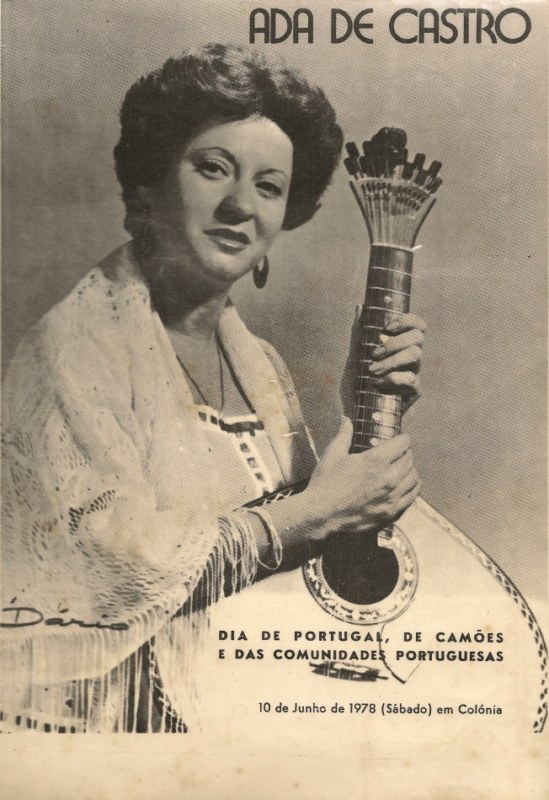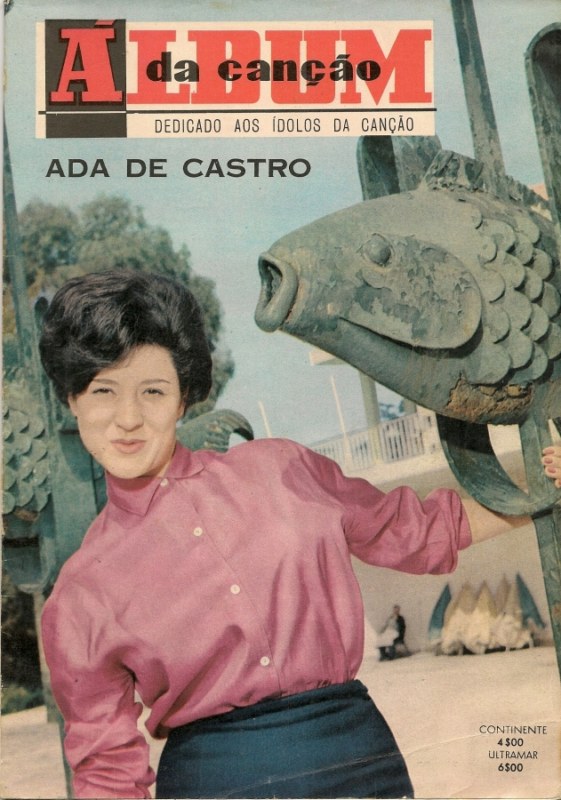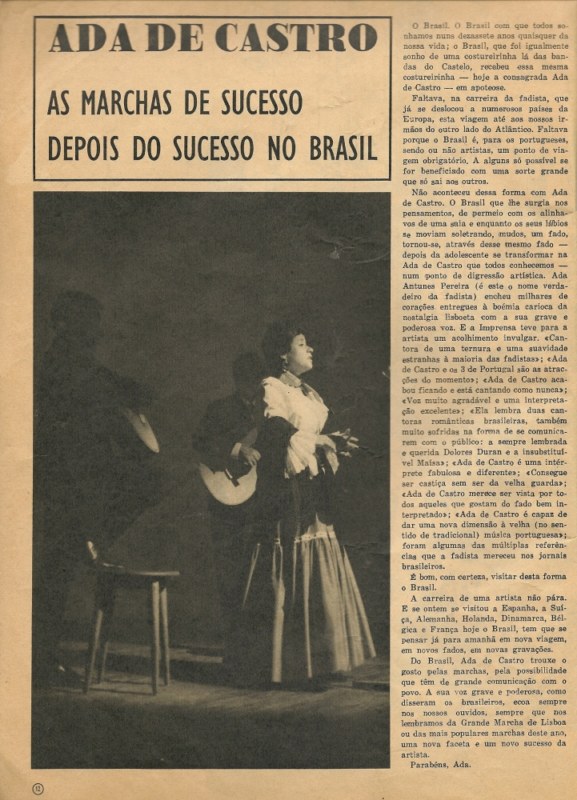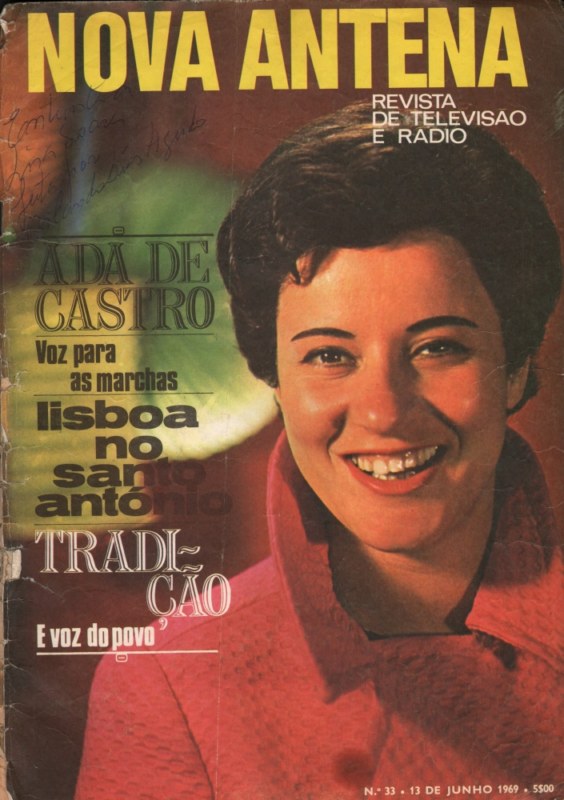Know more:
Ada de Castro
(N. 13 August, 1937)Ada Antunes Pereira was born in the parish of Castelo which led her to adopt the stage name of Ada de Castro, a synonymous of her neighborhood of birth. She began her artistic career as an amateur actress at Grupo da Juventude Operária Católica. During a rehearsal, newsreader Julieta Fernandes heard her sing and invited her to perform live at a radio programme of broadcaster Rádio Graça. Ada de Castro (artistic name, meaning Castle, the Lisbon district of her birth) “was born”.
She began to work at fado houses and sang for 20 days at “Nau Catrineta”, to be able to file her request as professional singer. She made her professional debut on the 13 March 1960 at restaurant "O Faia", following which she briefly sang at "Toca", owned by Carlos Ramos.
Following her debut Ada de Castro won the fado contest of broadcaster Emissores Associados de Lisboa. As a result she signed her first contract with the said restaurant, also including her first recording. Her vast curriculum includes the recording of 25 LP´s, 80 singles and EP´s, CD re-recordings and participation in several anthologies, namely for label “Alvorada”.
Of her many hits special reference should be made to "Rosa Caída", "Cigano", "Gosto de tudo o que é teu", "Deste-me um cravo encarnado". This vast repertoire also includes themes for the street festivities of the Lisbon Marchas Populares. Ada de Castro has also been one of the most charismatic artistic sponsors of Marchas Populares for the main districts of Lisbon. During her career she also acted at "Mercado da Primavera" (later called Mercado 25 de Abril) and at restaurants "Varanda do Chanceler" and "Varandinha", and participated in many programmes at radio broadcaster Emissora Nacional and television broacaster R.T.P.
At the Emissora Nacional broadcaster she participated in Evening Shows for the Workers, as well as other studio programmes. Today Ada de Castro praises those days, when Portuguese music took up most of the programming time of radio broadcasters.
The heyday of her career was her work at restaurant "O Folclore", where she sang between 1961 and 1973. This nation-wide series of shows included folk dancing, fado and accordion. At that time the best musicians played a guitar accompaniment for Ada de Castro, in world-wide tours.
She briefly acted at the Portuguese vaudeville “revista” theatre, invited by Milton and Eduardo Damas. She had her revista debut at Teatro Maria Vitória, starring the show "Tudo à Mostra" (1966), where she sang the themes "Na Hora da Despedida" and "Fado da Guerra". She also performed live at the most important casinos in the Portuguese mainland and in Madeira.
She boasts of having met and gotten acquainted with the best fado singers, performing with them at the heyday of fado, when there were "great fado singers and excellent repertoires ": Amália Rodrigues, Alfredo Marceneiro, Manuel de Almeida, Tristão da Silva, Fernanda Maria, Maria José da Guia and her own mentor and source of inspiration—i.e. Hermínia Silva.
Ada de Castro had live performances at many stages in France, Germany, Belgium, Sweden, Japan, Australia, Switzerland, Brazil. Later on she was hired to sing in America, Canada and Africa. During her career, Ada de Castro received several awards: "Prémio para Melhor Fadista da Quinzena" (1962), "Óscar para Melhor Fadista do ano" (Casa da Imprensa, 1967), "Melhor Fadista do ano" (Revista Nova Gente, 1982). Radio broadcaster Rádio Clube Português also awarded her several "Gold Elephants". She also ranked 10 in the "Disco de Ouro" ranking and she ranked 9 on two occasions in the contest "Queen of Radio and Television ".
Source:
Data provided by the singer;
Museu do Fado – Interviewed on the 9 September 2006.
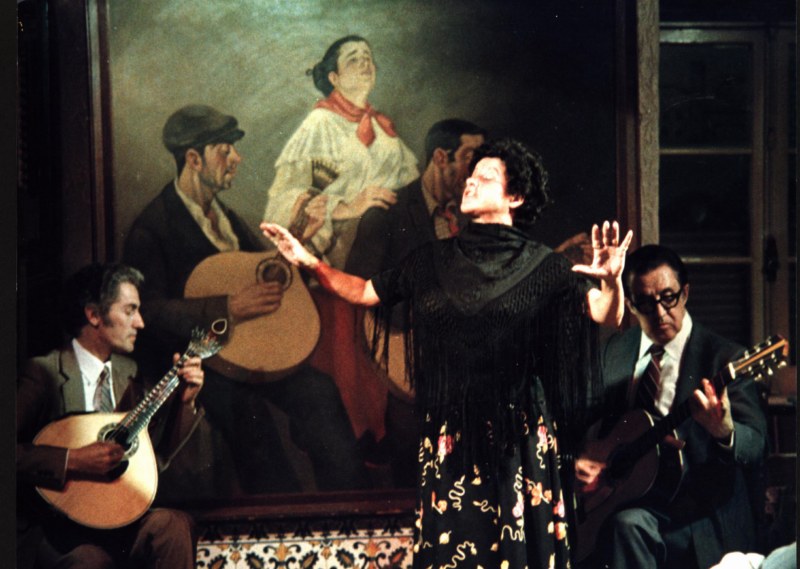
Joao Alberto, Ada de Castro, Antonio Fonseca 1982
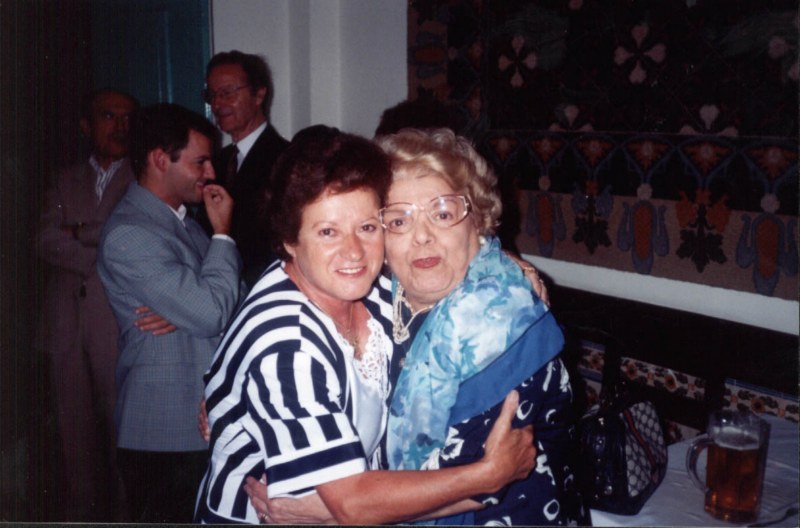
Ada de Castro, Fernanda Baptista s/d
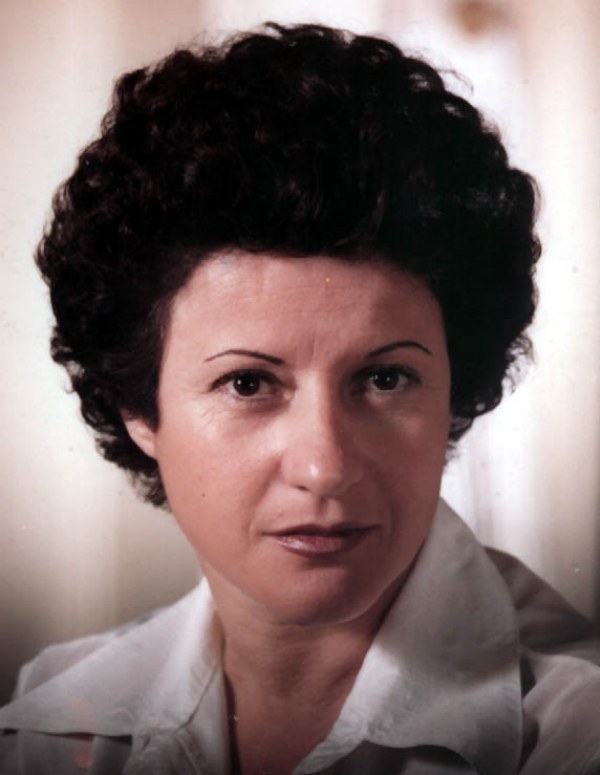
Ada de Castro s/d.
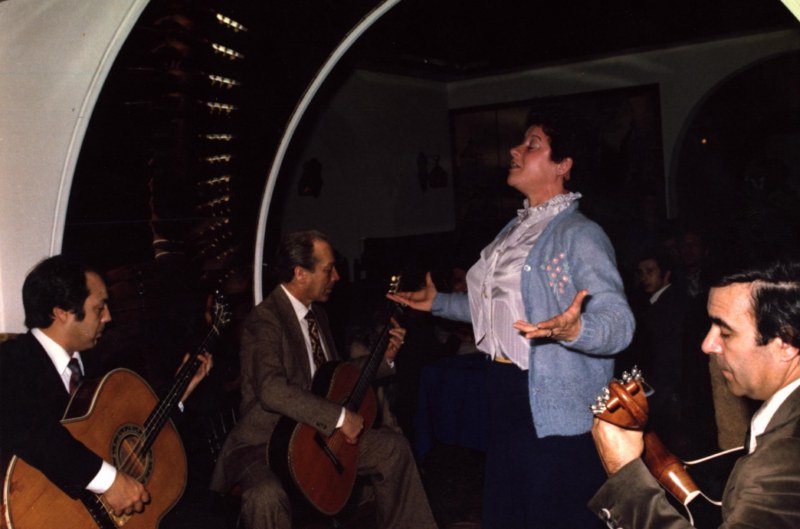
Ada de Castro, António Chaínho, José Maria Nóbrega e Pedro Nóbrega Faia, 1982
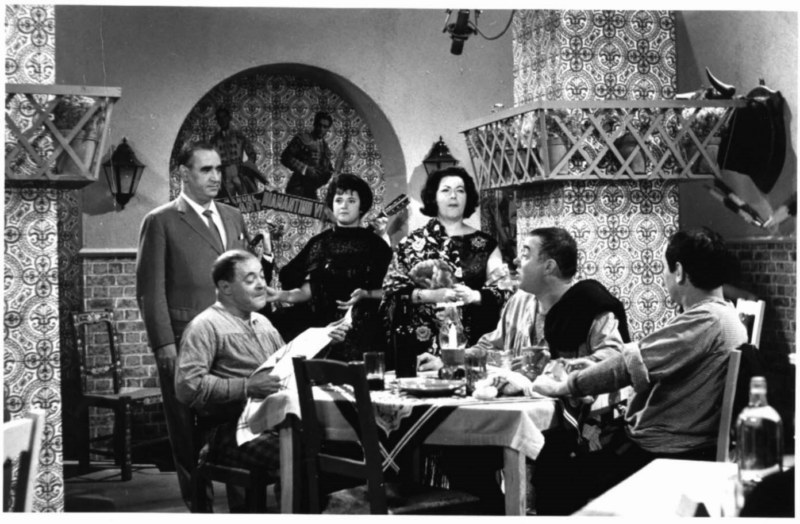
Emilio Correia, Umberto Madeira, Raul Solnado, Carlos Ramos, Ada de Castro, Herminia Silva s/d.
-
Gosto de Tudo o Que é Teu Ada de Castro (Maria José Runa / Carlos da Maia)
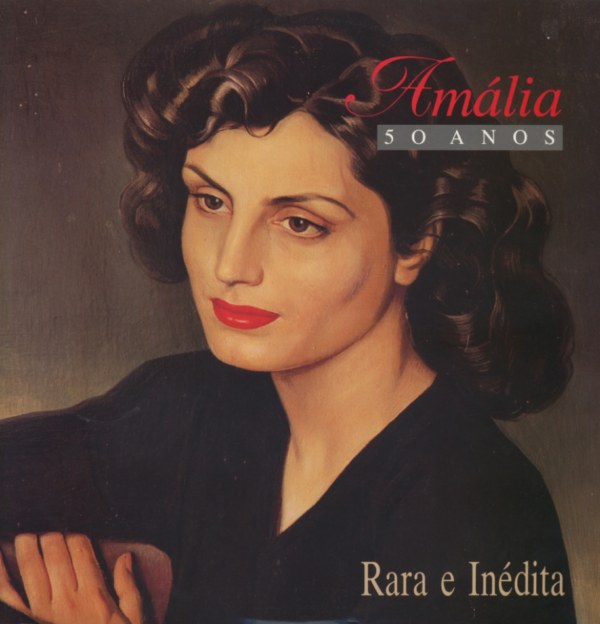
Amália, Rara e Inédita - Col. 50 Anos, LP Columbia, 1989
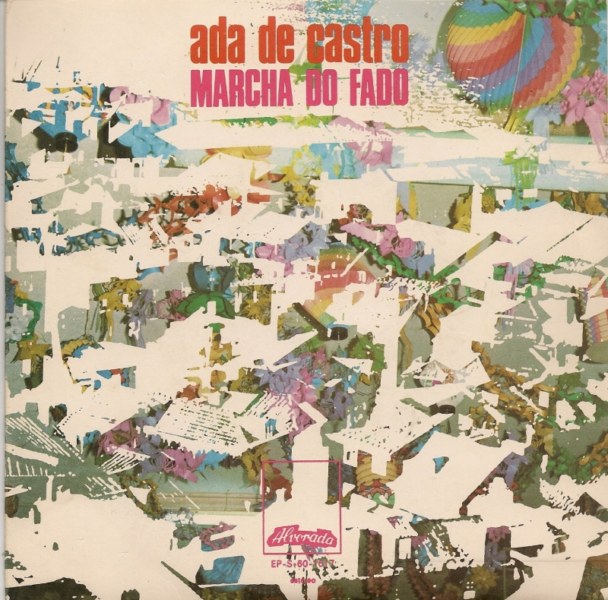
Ada de Castro, Marcha do Fado, EP Alvorada 60 1617, 1977
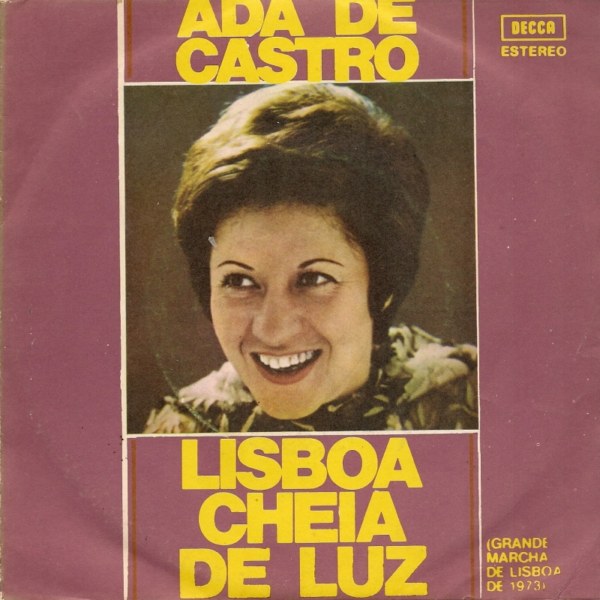
Ada de Castro, Lisboa Cheia de Luz, EP Decca SPEP 1432, 1973
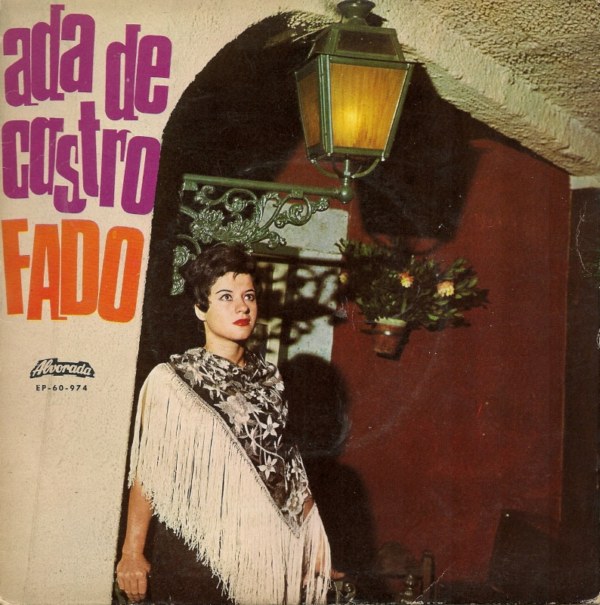
Ada de Castro, Fado, EP Alvorada 60 974
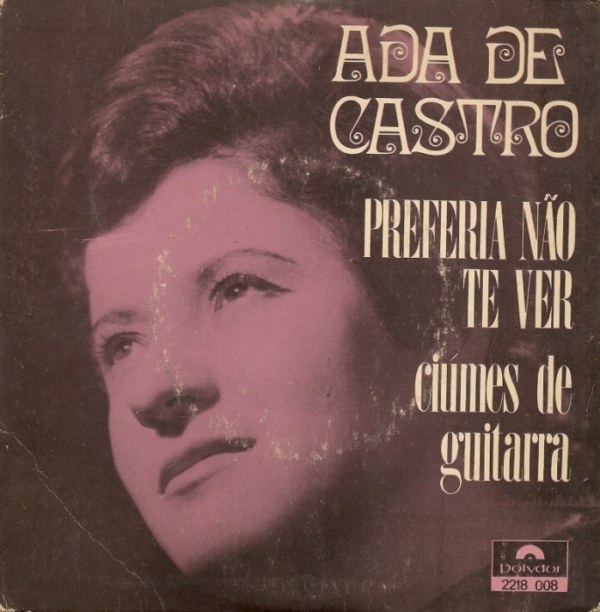
Ada de Castro, Preferia Não Te Ver, EP Polydor 2218 008
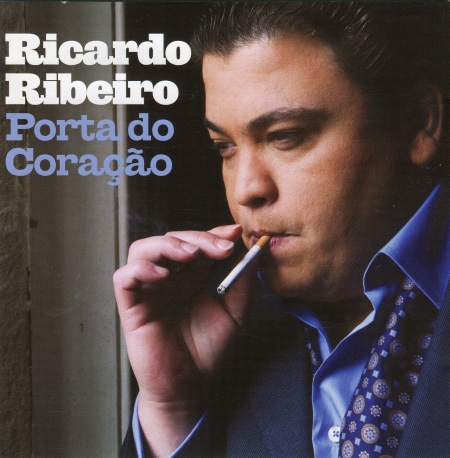
Ricardo Ribeiro, "Porta do Coração", CD EMI, 2010

Ricardo Ribeiro, "Porta do Coração", CD EMI, 2010

O Fino do Fado
